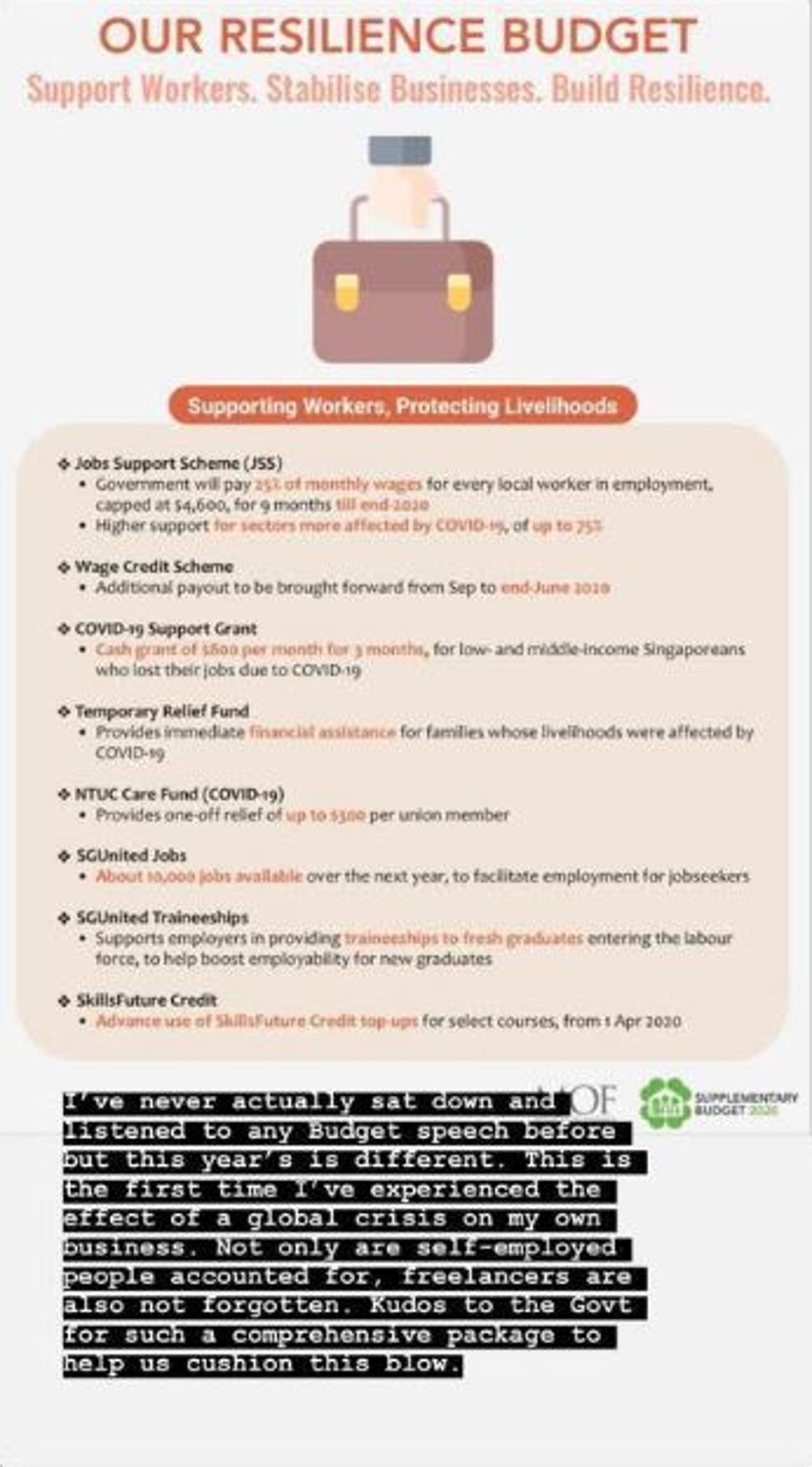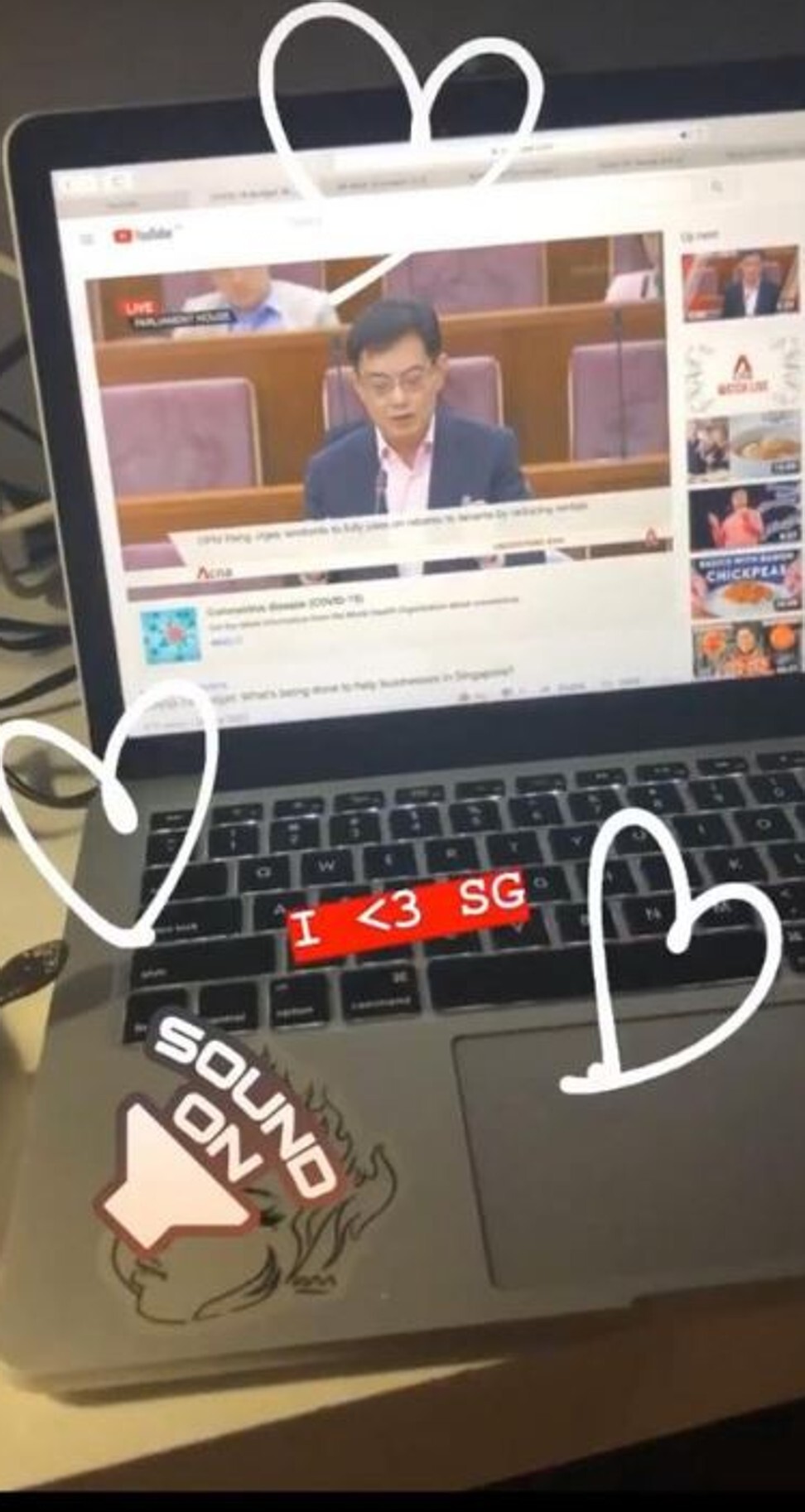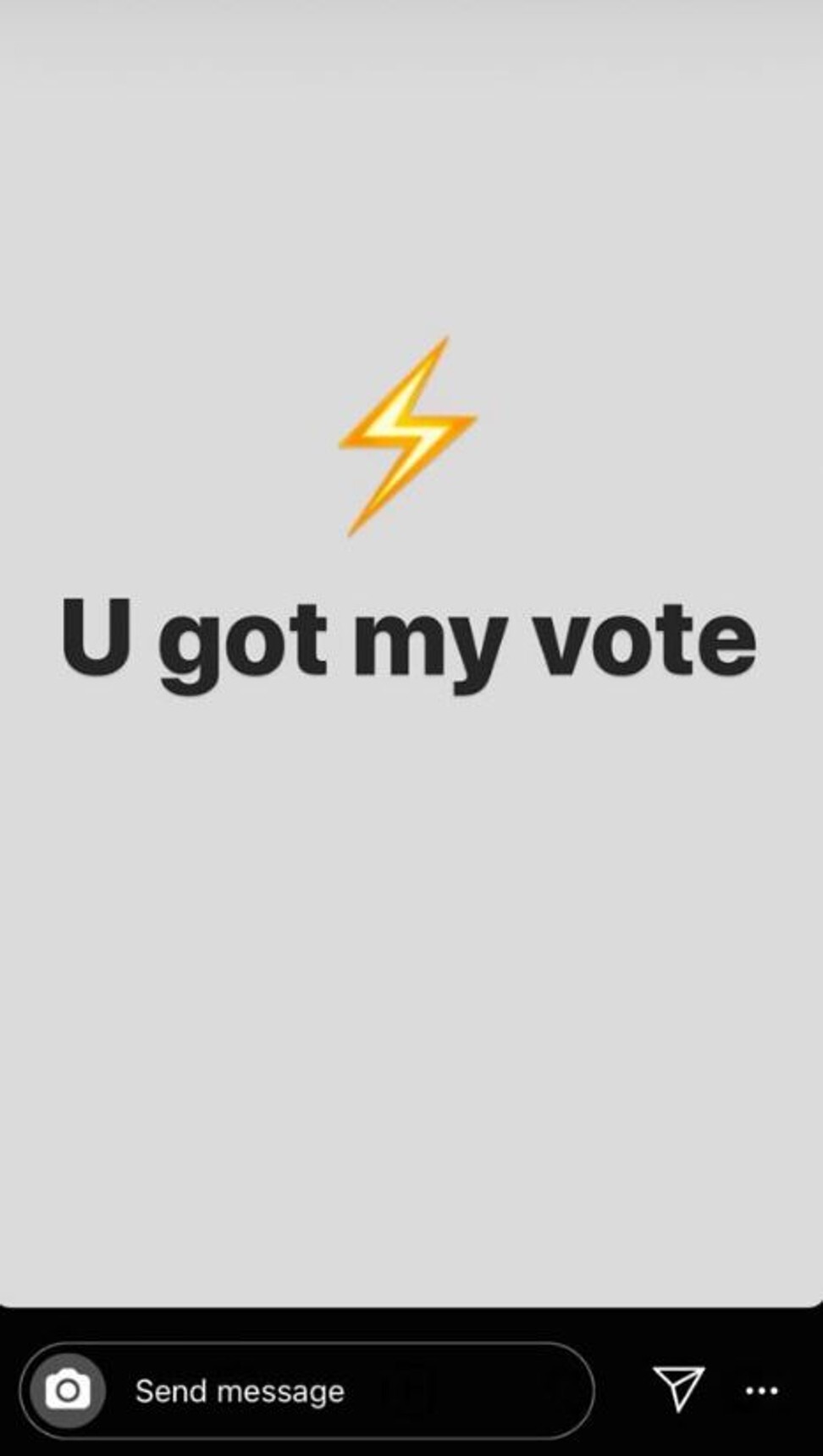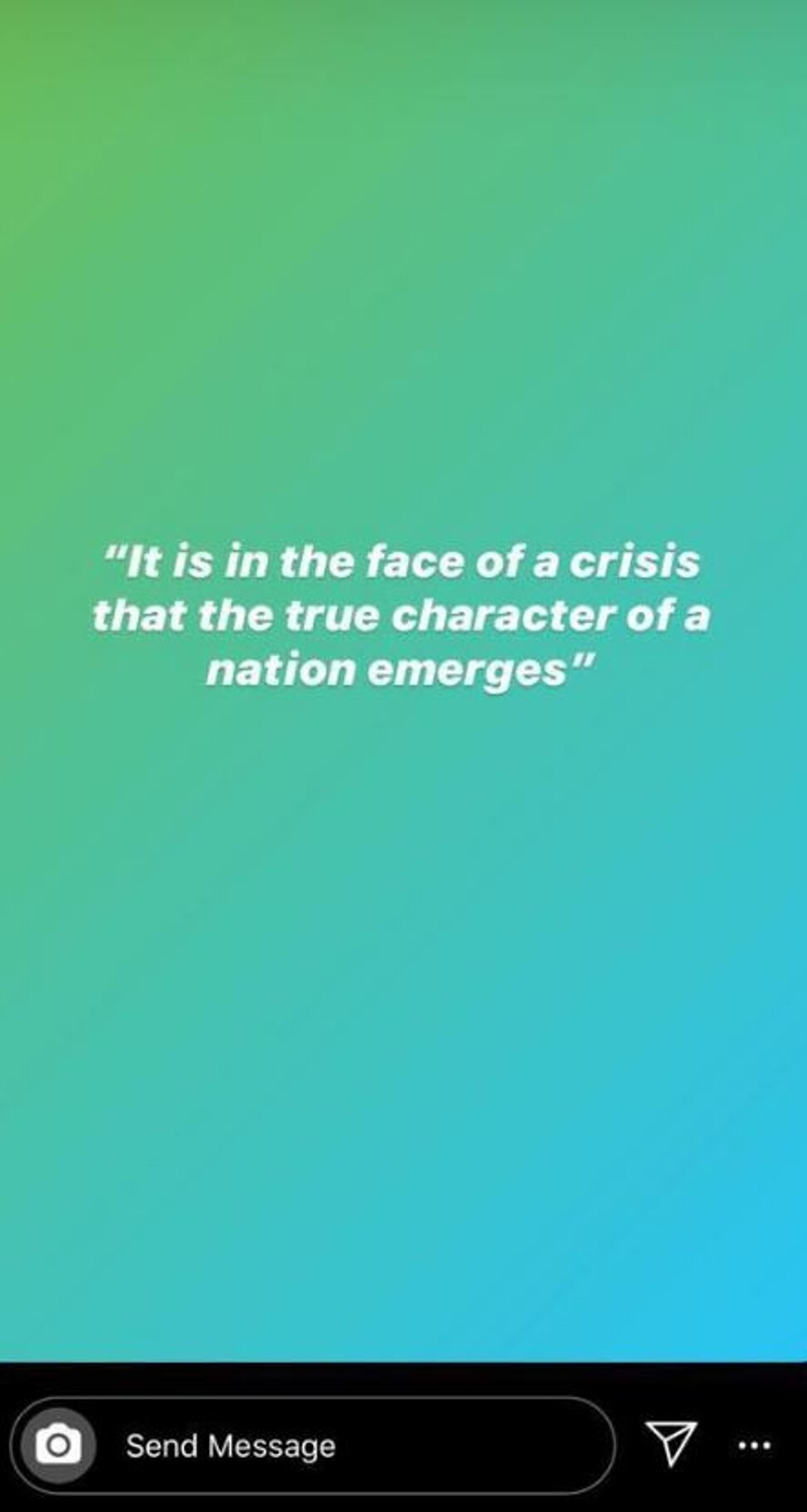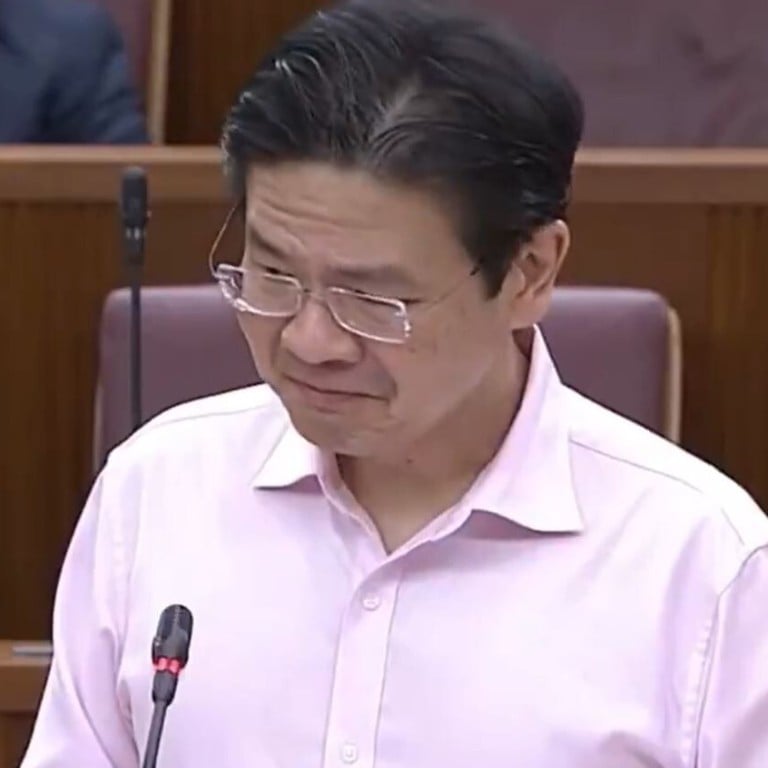
‘Lawrence Wong gave me ASMR’: Singapore’s coronavirus response strikes chord with millennials ahead of election
- Millennials are a valuable long-term vote bank for the city state, and its US$33.4 billion stimulus package has been warmly received on social media
- Singapore’s handling of the outbreak is turning into an opportunity for the ruling People’s Action Party to cement its standing with the population
Other millennials – those born between 1981 and 1995 – like her did the same. One Instagram user posted a story of Heng’s speech replete with heart emojis; another shared a graphic on assistance for five sectors and the comment “Guys no kidding I’m so in awe of the Singapore government rn”.
(For those not in the know, “rn” means “right now”.)
Singapore’s Prime Minister Lee Hsien Loong hints at election amid coronavirus pandemic
Freelance fashion designer Shaf Amis’aabudin, 30, agreed. Shaf, who teaches visual arts to primary and secondary school students, said he had kept his ears peeled for announcements of government support.
“My rice bowl is greatly affected by this and since the government is helping, why not check it out?” he said.
While older millennials in their late 30s remember the challenges of finding work around the time of the 2008-2009 global financial shock, and have grappled with rising costs and competition in the job market, the economic fallout from the virus will be a defining crisis for the city state’s younger generation – those in their 20s to early 30s, including the post-1995 generation known as zoomers.
Coronavirus: Singapore PM Lee calls for end to US-China blame game
Chong, 30, who works in finance and asked to be known only by her surname, said: “Usually I’m not this interested in the budget, but now the virus is impacting the economy and a lot of people and businesses I know.”
A scan of social media comments in recent days suggests the hefty off-budget measures, which will see Singapore dipping into its reserves for only the second time in history, have sparked interest in the island nation’s governance – and, for some, a new-found appreciation for the long-ruling People’s Action Party (PAP).
When national development minister Lawrence Wong paused to wipe his eyes while thanking health care workers during a March 25 speech in parliament, videos and articles of his tearful tribute were circulated widely on WhatsApp group chats.
One Singaporean millennial posted on Facebook that Wong’s speech had an “ASMR effect” on her – referring to autonomous sensory meridian response, in which certain sounds such as whispering or tapping are said to give listeners a tingling sensation on their scalps and down their spines.
Other young people to whom This Week in Asia spoke said the global public health crisis had spurred them to read local news sites for updates on Singapore’s response every morning.
Gym owner Stephen Langdown, 28, is now refreshing “r/Singapore all day”, he said, referring to the Reddit thread on current affairs in the Lion City, in addition to spending 30 minutes consuming the news every day.
Political commentator Eugene Tan said the pandemic was an “existential threat” for younger Singaporeans. It had furthered a political awakening first triggered by climate change “since they see themselves as inheriting an impoverished world”, he added, while the protests in Hong Kong had made them question why their counterparts there were moved to act against the government.
Tan, a law professor at Singapore Management University, said his conclusion was “there should be no fear that young Singaporeans couldn’t care less [about their country]”.
‘U GOT MY VOTE’?
While the age distribution of the electorate is not known, population data shows there were more than 933,000 Singaporeans between the ages of 20 and 39 as of last year. This means millennials could account for a third of the 2.77 million citizens who are old enough to vote.
Analysts say the ground seems sweet for the PAP, which has governed since 1959.
Shaf, the fashion designer and visual arts teacher who said he never had strong feelings about any political party, had this to say about the PAP: “I always knew Singapore was efficient but now it shows that the government is empathetic as well.”
Singapore unveils eye-catching US$33.7 billion stimulus to save jobs as recession looms
Entrepreneur Lee liked how the government’s approach to containing the virus was nuanced and calculated, compared with how other countries were shutting down entirely.
“Considering how many people voted for the opposition party in the last general election to ‘wake PAP up’, I think it is very evident this time that the PAP considered people before politics,” she said. “That is extremely heartening to know.”
Or, in typically exuberant millennial style, Zach Lim, a 28-year-old operations manager, posted a lightning emoji – a reference to PAP’s logo – on Instagram, accompanied with the text “U got my vote”. He said the PAP’s younger slate of leaders – known as the fourth generation, or 4G – had proven themselves “to be as capable as past ones”.
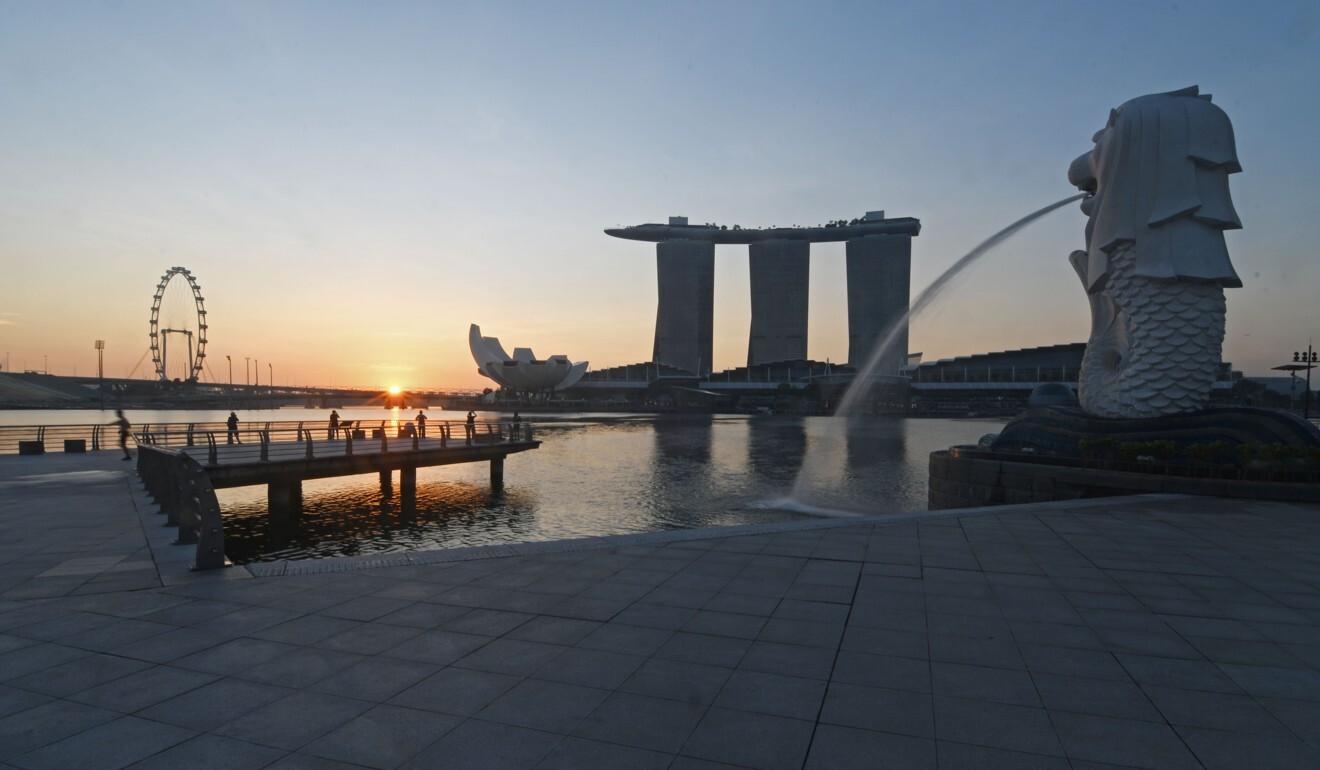
Lim acknowledged there would be young people who might be dissatisfied with the country’s laws that limit free speech and gay rights – a long-standing point of friction for some in the Lion City – but pointed out that what was most important in a time of crisis was Singapore’s handling of the situation, which was better than most major Western nations.
If the Olympics can be postponed by one year, what is the general election?
Joel Lim, 27, who works in the media industry, said the PAP’s “strict but effective leadership” was widely known. “Watching [the 4G leaders] handle this precarious situation on a daily basis with such finesse has been impressive, and through that I have gained trust and confidence in them.”
But Wang Liwei, who works in the media industry, said Wong’s tears in parliament were “all optics for the upcoming election”.
“It’s disgusting, using this virus to score political points. He may be crying but the prime minister is still in Ang Mo Kio walking about in big crowds,” said Wang, 35, referring to a video of Prime Minister Lee distributing hand sanitiser at a hawker centre in his constituency on March 22.
“If the Olympics can be postponed by one year, what is the general election?” he said.
‘A LONG-TERM INVESTMENT’
Millennial voters are “a valuable vote bank” not just for their size, but because they are going to be voters for the next few decades, said Tan from Singapore Management University. “Parties should regard this vote bank not just as valuable, but also as a long-term investment.”
The PAP scored 69.9 per cent of votes in the 2015 election, and a survey by government-funded research centre the Institute of Policy Studies found that it was those aged 21 to 29, as well as those above 65, who accounted for the national vote swing towards the ruling party.
Why are there so few coronavirus infections in Singapore’s health workers?
Opposition parties are keenly aware of this vote bank’s potential. The Singapore Democratic Party last November said it was gunning for young voters “who feel that some of their concerns are not being addressed”. The Workers’ Party – which has six of the 88 elected seats in parliament – and the PAP for the first time last year made concerted efforts to discuss climate change issues with them.
But engaging these voters does not come easy – as Tan says, young voters want to be met on their own terms.
“Being patronising is not going to work. Neither is a paternalistic approach going to be well received,” he said. “They do not like being pandered to because that strikes them as being manipulative. No party should talk down to the young with an ‘I know better than you’ attitude.”
The government has not always got it messaging right. In 2018, the finance ministry used 50 social media influencers to promote the budget – an initiative that was lampooned as out of place among their posts about holidays, pets and clothes.
When asked about youth engagement efforts, Jose Raymond – chairman of the Singapore People’s Party, one of the smaller opposition parties in the Lion City – said the younger people in the constituency he intended to contest had been “generally extremely positive”.
But the hurdles are higher this time for the opposition, besides their usual encumbrances of poor funding, disunity and what analysts say are barriers to a fair contest. Amid the Covid-19 outbreak, social distancing rules have seen them suspend their crucial door-to-door outreach programme, which allows a direct connection with voters.
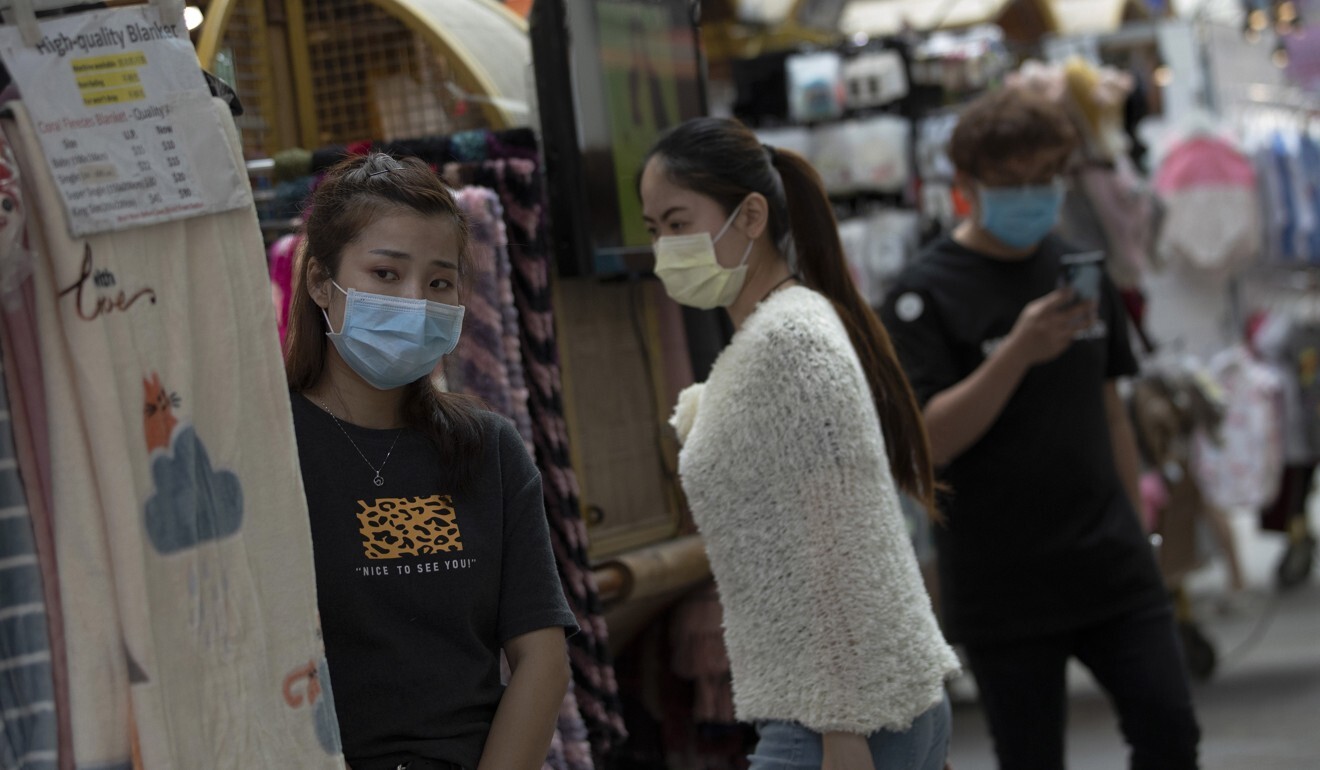
Instead, the crisis – and the global praise the government has received – is turning into an opportunity for the ruling party to cement its standing with the population.
The country’s late founding father Lee Kuan Yew, in a 2003 speech to mark his 80th birthday, pointed to how the slate of leaders who took over from him had guided the nation through several major crises, including the severe acute respiratory syndrome (Sars) outbreak that year.
“Through this series of tests, I could sense the bonding that resulted between leaders and people,” Lee said at the time.
Experts say Singapore’s new social distancing laws hard to enforce, but send needed signal
National University of Singapore sociologist Tan Ern Ser said Singapore’s separation from Malaysia after a short-lived union in the 1960s and the island nation’s eventual economic success despite the odds had forged a bond between citizens of that generation and Lee, who died in 2015.
The current government, led by Lee’s son, had an opportunity to forge a similar bond with today’s voters, Tan said. “But whether or not the strong bond will be lasting would depend on whether Singapore would always be in a survival mode, and whether there are viable alternative options perceived as capable of steering the country through choppy waters ahead.”



